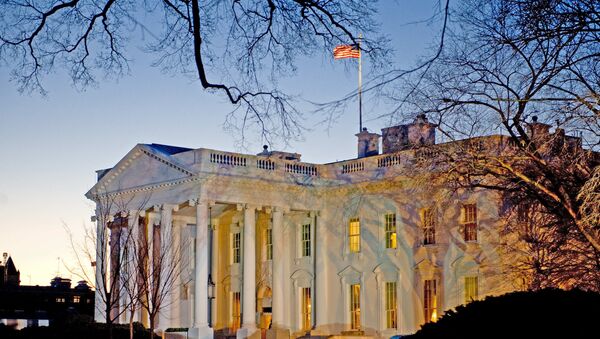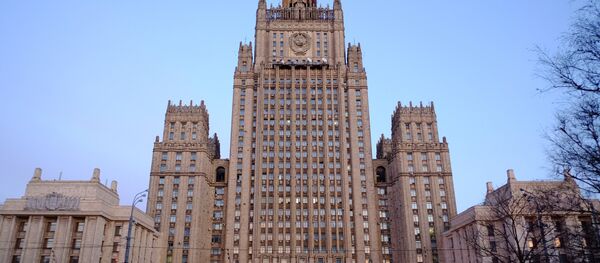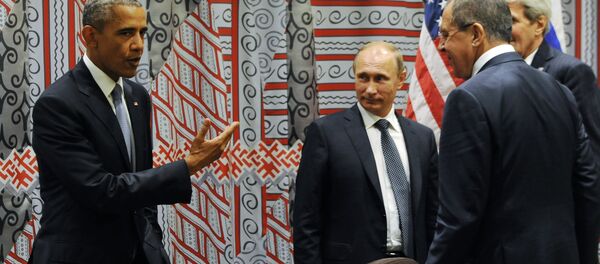Commenting on the move, a representative of the US State Department told Sputnik that the decision was made during the final days of Barack Obama’s presidency.
"These determinations to sanction this group of individuals and entities were made by the State Department on January 17, 2017 […] and subsequently reviewed by the incoming administration prior to transmission to Congress," the official said.
Donald Trump was inaugurated President of the United States on January 20, 2017.
According to Vladimir Batyuk, a senior expert at the Institute for American and Canadian Studies at the Russian Academy of Sciences, the new sanctions against Russian companies were a consensual decision.
"Taking into account the statement by the State Department official, probably, he wanted to say that the sanctions were not a voluntary decision, but the result of a bipartisan consensus," Batyuk told Radio Sputnik.
According to the analyst, this is an example of the Trump administration continuing the policy of its predecessors.
According to Batyuk, for the new US presidential administration, foreign policy issues are of secondary importance and this is why they could serve as a bargaining chip.
"The Trump administration has faced serious resistance from the establishment. On the one hand, it is trying to counter this resistance. But on the other hand, it’s trying to reach a compromise on matters of secondary importance," Batyuk said.
He elaborated that for the Trump administration, high priority problems include domestic policy, the US economy, social issues, energy and healthcare.
"Meanwhile, foreign policy is of secondary importance, including anti-Russian sanctions. Possibly, the new sanctions were part of some kind of a deal," he suggested.
"This step isn’t consistent with the statements we’ve heard from Washington on the priority of the fight against terrorism, including the [announcement that the US would build] a nest on Syrian territory. On the contrary, it completely contradicts this line and undermines the perspectives of building a broad multilateral cooperation aimed at destroying the IS [Daesh]," Foreign Ministry spokesperson Maria Zakharova said in a statement.
Never miss a story again — sign up to our Telegram channel and we'll keep you up to speed!





